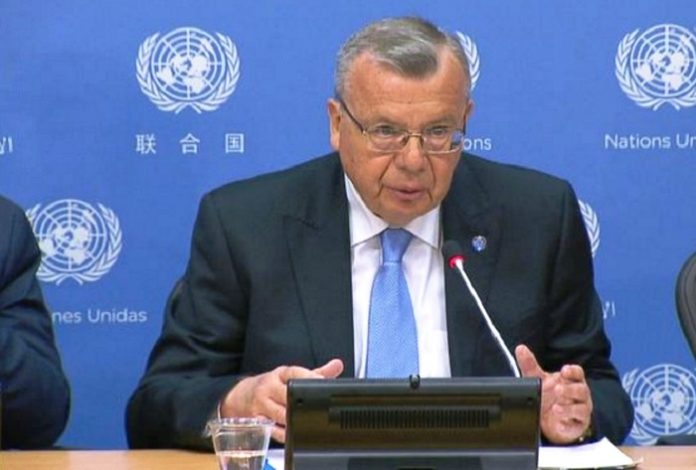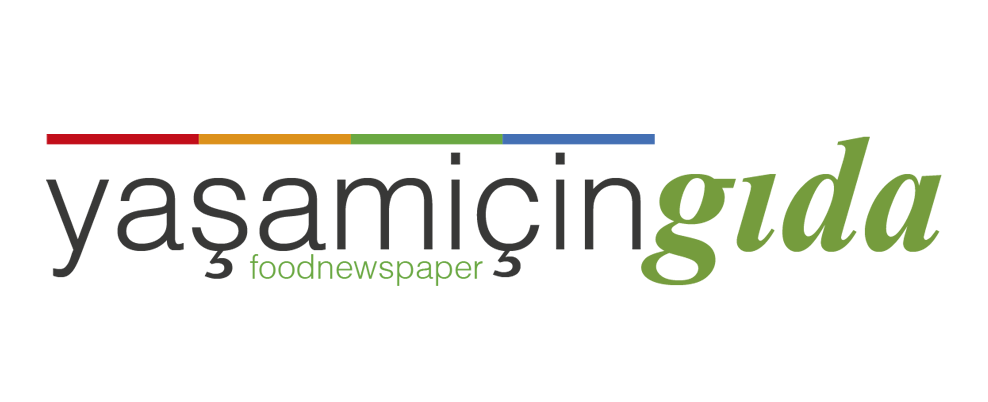
The head of the UN Office on Drugs and Crime (UNODC) said one important aspect of the outcome document adopted during a General Assembly special session on the world drug problem was the the need to enlarge the medical use of prohibited drugs like cannabis as painkillers “to support people.”
Speaking to reporters after the adoption of the outcome document, the Executive Director of UNODC, Yury Fedotov, pointed out that “the consumption of drugs is not criminalized by the international convention” and possession of drugs for personal use can be viewed “as minor offences which can be of course pursued with other alternatives rather than incarceration and criminal proceedings.”
Asked about harmed reduction policies, Fedotov welcomed “the fact that delegations with different approaches agreed to this language, including medical assisted therapy programs, injecting equipment programmes, as well as antiviral therapy and other relevant interventions to prevent transmission of HIV, viral hepatitis, and other blood borne diseases.”
The new framework aims to put people at the centre of global policies on drug control. Fedotov said “we have to always keep in mind, whatever we are doing addressing the world drug problem, we have always to think about people. After all three basic founding drug control conventions have been developed and adopted to protect the health and welfare of mankind.”
The three-day session kicked off with the adoption by the 193-member body of the new framework on countering the world drug problem, drafted last month in Vienna by the Commission on Narcotic Drugs (CND), the UN’s top policy-making body on the issue. The document recognizes that to address and counter the world drug problem, appropriate emphasis should be placed on individuals, families, communities and society as a whole, with a view to promoting and protecting the health, safety and well-being of all humanity.

